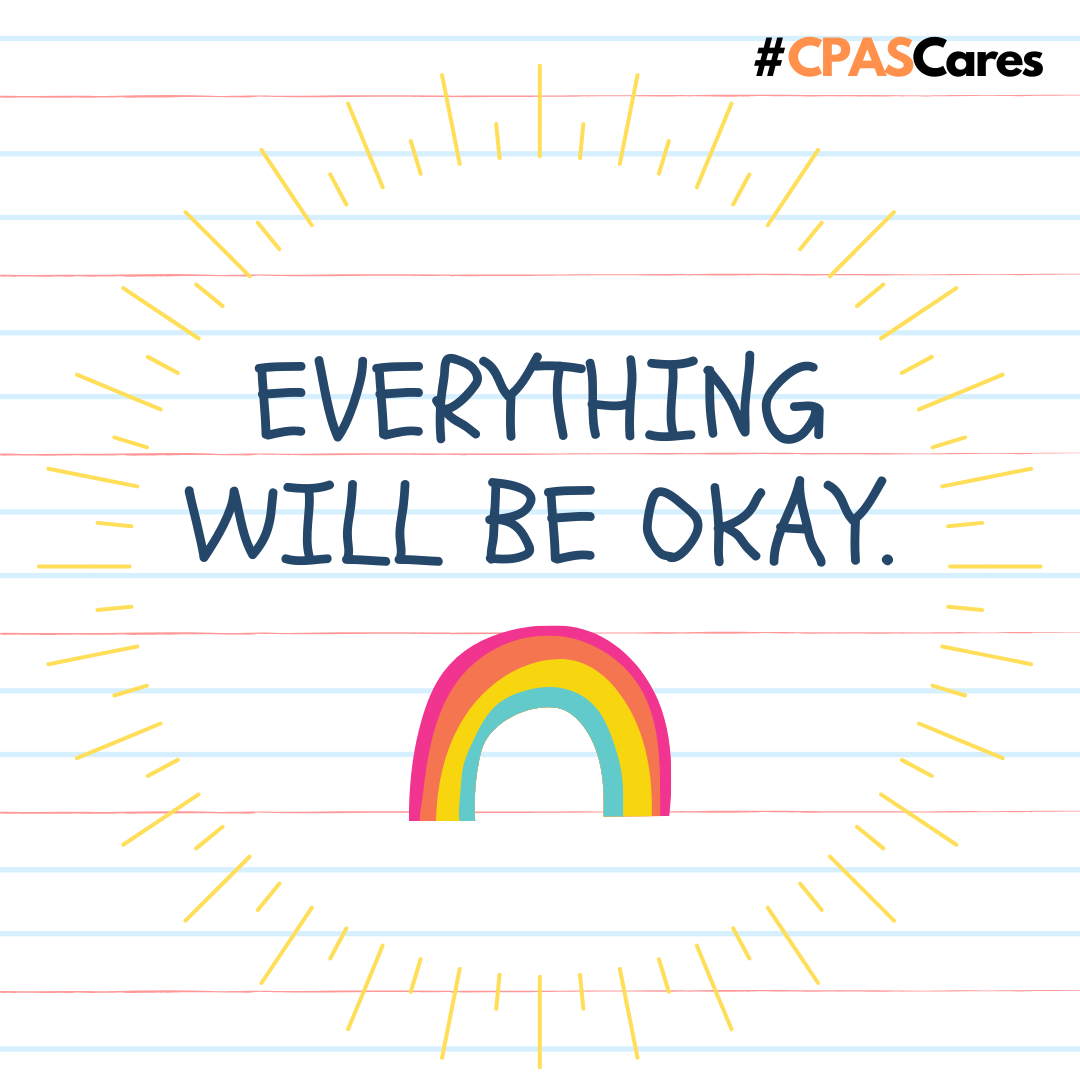Why do we feel more panic, fear, and anxiety during times like these? Research has shown that new and unfamiliar threats raise anxiety levels higher than familiar threats do. This is a natural biological reaction caused by a part of our brain, the amygdala, which processes emotional responses such as fear. The introduction of COVID-19 to our community unsettled and engulfed us. Not knowing what to expect and the unseen threat of possibly being diagnosed became our new reality.
With mindfulness, we can identify our stressors. Upon acknowledging our stressors, which can vary from person to person, we should take time to assess the situation and plan our response. We should also keep in mind that we are not alone, and help is available if we reach out.
Understanding Children with Special Needs
It is important to remember that children with special needs experience feelings and emotions too. They are currently dealing with a new reality due to the “circuit breaker”. This could bring up a sense of existential anxiety because their daily routine of going to school and meeting friends is now severely disrupted, which affects their overall sense of safety. The same applies to people they are surrounded by – parents, grandparents, or siblings who may subconsciously display feelings of stress and worry at home. If children see their family members as figures of safety and stability, the current state of uncertainty they witness could further increase feelings of anxiousness.
We hope parents and guardians will recognise that this is actually a good time to bond with their child. Engaging in simple and meaningful activities at home, such as reading/ singing, could add a new form of routine and is something children will enjoy. Physical touch, such as a hug or cuddles, together with verbal encouragement will provide the child with some comfort, and transform this situation into a positive memory which will last a lifetime.
Addressing Challenges
Structure, routine, and repetition are ideal for children to manage their anxiety and related behaviours. Some may not understand the reasoning behind the recent abrupt changes to their lives. If as grown adults we feel the stressful impact of these changes and the uncertain future ahead, children would feel it even more so. Additionally, they are most likely missing the faces and voices of teachers, aides, and therapists who have become an indispensable part of their daily lives.
Children with autism and attention deficit hyperactivity disorder (ADHD) are exceptionally sensitive to change. The disruption to the routine they recognise can cause emotional problems. The anger and frustration they feel may result in more conflicts with their caregivers, and even self-inflicted injuries. Autistic children with sensory issues may be resistant to wearing masks, while those with ADHD may have the compulsion to touch things in public – both are behaviours which poses a risk to their health at this point in time.
A child can actually feel the stress their parent feels as they look to adults for cues as to how to relate to the world! If a child is overwhelmed by negative emotions, their lack of understanding coupled with inability to express themselves could cause emotional issues for years to come. The most important thing for parents and caregivers to do now is to speak with your child, reassure them that any emotion they feel is okay, and to address these feelings. Acknowledging and having a safe space to share these feelings will help maintain their mental health even in the most challenging times.
Reference: CPAS Psychology Department



